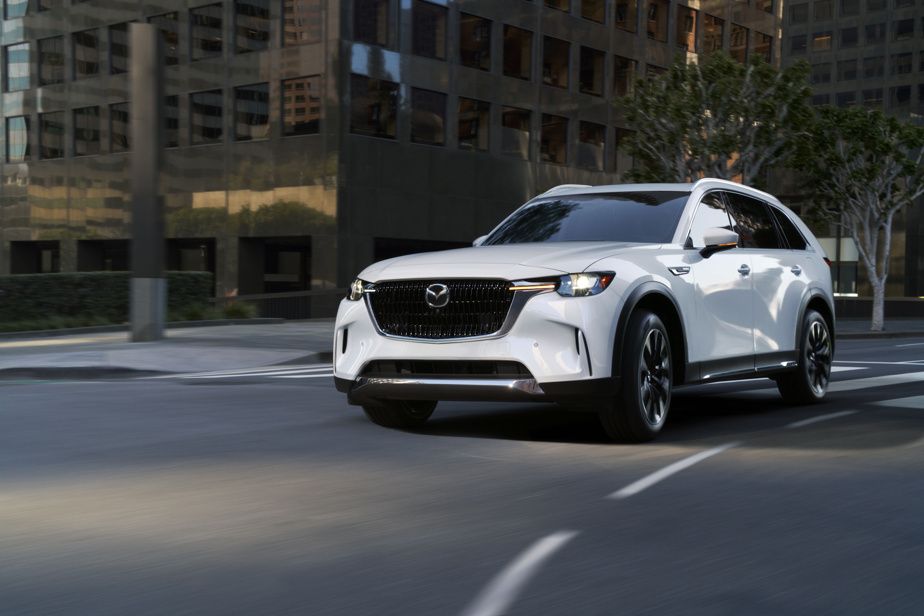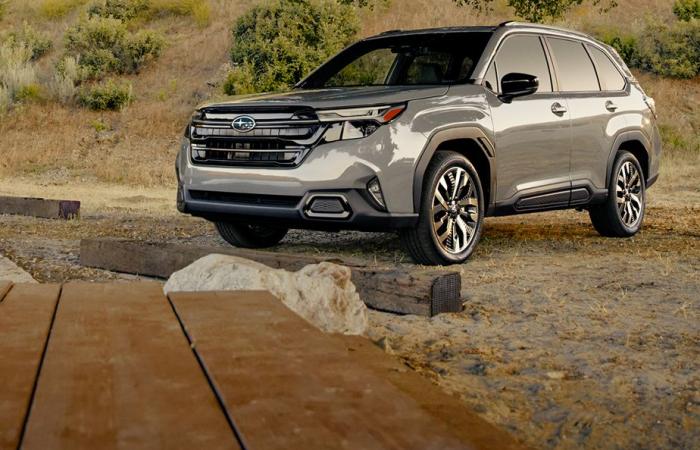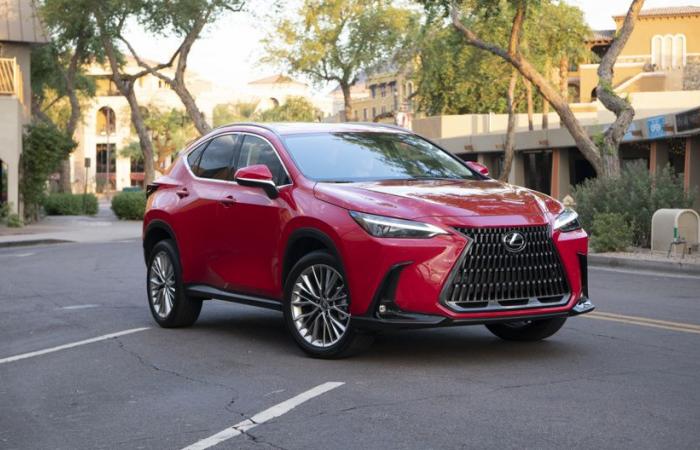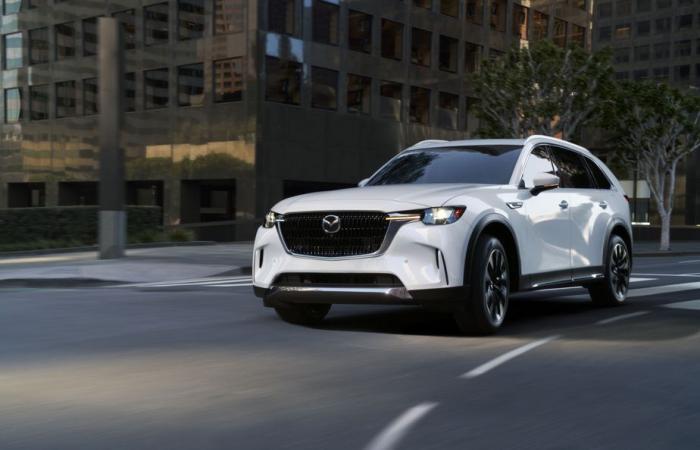As we enter the twilight of 2024, the American consumer magazine Consumer Reports has again published this year its post-mortem analysis of the reliability of new vehicles. If, unsurprisingly, Japanese brands monopolize the first six places in the list, Subaru is making a spectacular comeback to claim the crown.
Published at 11:45 a.m.
The manufacturer, which has built its notoriety on its integral wheels, was ranked sixth in the ranking last year. It’s the recently refreshed Forester compact SUV that scores highest among the family, followed by the Impreza and Crosstrek. Consumer Reports explains this good performance by the use of reliable components which percolate on several models. Its cautious approach during redesigns also helps to take care of their reliability. Note that the publication’s analysis is based on data collected on 300,000 vehicles over 12 months.
Lexus and Toyota occupy second and third positions with a rather similar cautious philosophy, with a few exceptions. The most reliable models from these two manufacturers are respectively the Lexus NX and Toyota RAV4, two close cousins.
PHOTO PROVIDED BY LEXUS
The 2025 Lexus NX
At the opposite end of the spectrum, the three manufacturers with the least reliable vehicles are all of American origin. GMC positions itself in 20e place due, among other things, to the poor performance of its Canyon mid-size pickup truck. Cadillac ranks 21e position, weighed down by the questionable reliability of the Lyriq mid-size electric crossover. It is the electric brand Rivian which ranks last with its only two models offered – the R1S and R1T – which receive poor scores.
Plug-in hybrid still problematic
Despite an improvement in their reliability record, models equipped with plug-in powertrains remain those which generally have the most problematic reliability, according to Consumer Reports. The magazine claims that they are subject to 70% more problems than a combustion engine vehicle. This is still significantly better than the 146% shown in last year’s report card. The mechanical complexity of these models largely explains this greater risk of defects.

PHOTO PROVIDED BY MAZDA
The Mazda CX-90 plug-in hybrid is less reliable than the livery equipped with a turbocharged six-cylinder, says Consumer Reports to justify his observation regarding the reliability of plug-in models.
Fully electric vehicles are 42% more likely to suffer from a mechanical problem than a thermal vehicle. This is a mixed assessment, but it is still improved compared to that of 2023 which quantified this propensity for breakages 79% higher.
Consumer Reports concludes that traditional hybrid vehicles remain the most reliable in the pool of electrified models. Thanks to the maturity of the technology, they generally offer reliability equal to thermal engine options, in addition to significantly lowering fuel consumption.








